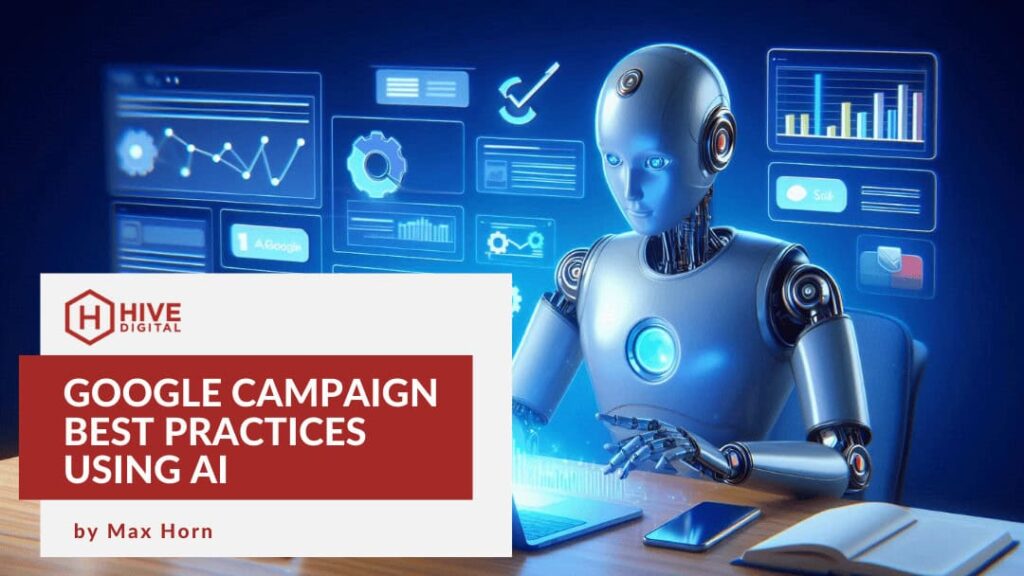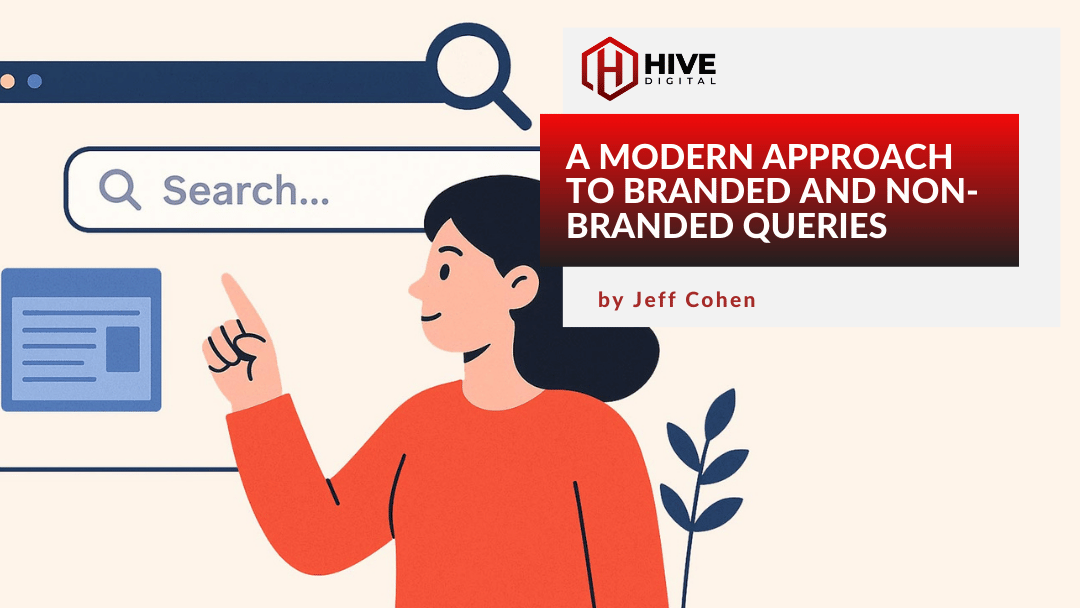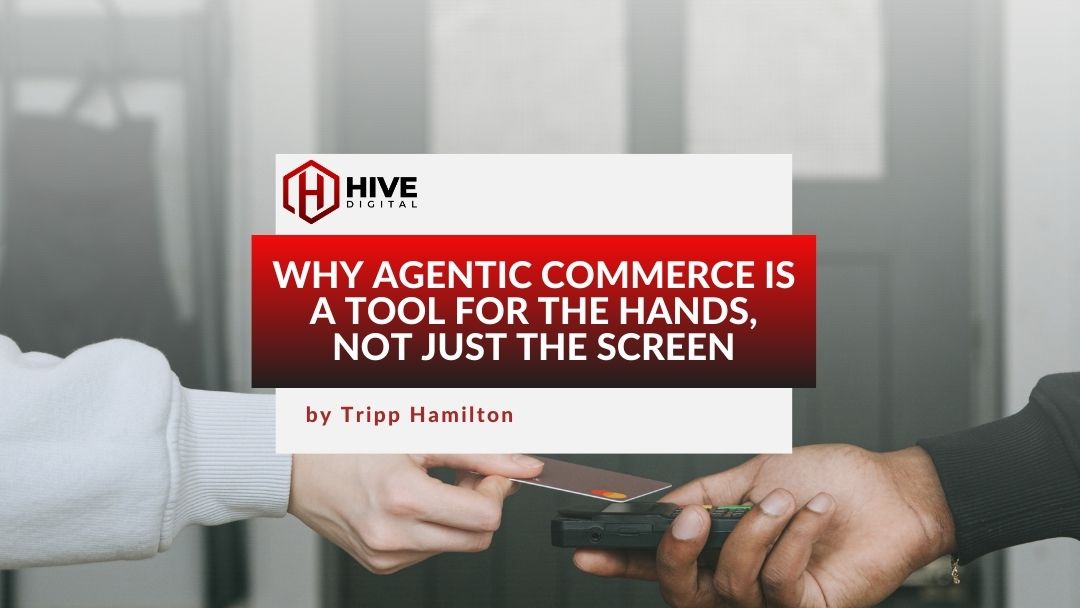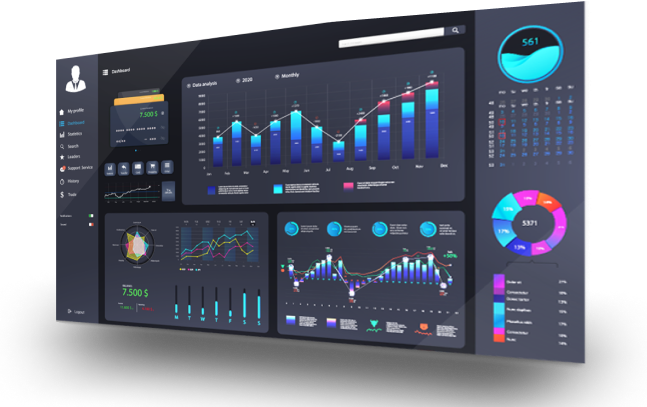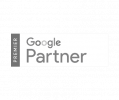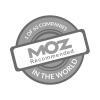Using AI in Google Ads has been proven to be successful but it’s important to maintain control of the algorithms. Below we put together the some best practices and tips to help effectively incorporate Google Ad campaigns.
Create Captivating Visuals: Access to Stock Images
This is a game changer. We are wired to process visuals faster than text. Google Ads allows advertisers to choose from a large selection of stock images. Artificial Intelligence can be a valuable asset in generating variations, but the final decision on visuals rests with you. Centering your images creates a sense of balance and professionalism, while captivating visuals grab attention and instantly convey your message. Whether it’s a product photo, a lifestyle image, or a compelling graphic, the visuals in your ad are the first impression you make.
Landing Page Harmony: Matching Ad Copy for Relevance and Ranking
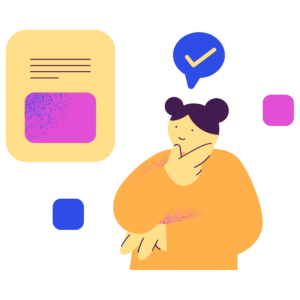 The transition from ad to landing page is critical and automation can provide valuable insights into user intent based on keywords and audience demographics. Leverage this information to ensure your ad copy seamlessly matches your landing page content. This is imperative in Google Ads and creates a sense of continuity and improves the user experience, directly impacting ad ranking and conversion rates.
The transition from ad to landing page is critical and automation can provide valuable insights into user intent based on keywords and audience demographics. Leverage this information to ensure your ad copy seamlessly matches your landing page content. This is imperative in Google Ads and creates a sense of continuity and improves the user experience, directly impacting ad ranking and conversion rates.
When using tools to assist with copywriting, the responsibility for error-free content ultimately falls on the advertiser. Typos and grammatical mistakes detract from your brand’s professionalism and can significantly impact ad performance. Develop a proofreading routine to ensure your ad copy is clear, concise, and polished.
Theming Broad Match Keywords: Grouping for Clarity
When using broad match keywords, it’s essential to organize them into thematic groups. This helps the algorithm understand the underlying intent behind your keywords and generate ad copy that resonates with specific audiences. Thematic grouping also facilitates performance measurement and allows you to tailor your bidding strategies more effectively.
Broad match keywords encompass a wide range of search terms, offering potential for increased reach. However, this casts a wide net that might capture irrelevant searches. To optimize effectively requires constant search terms reviews to identify potential negative keywords, effectively filtering out irrelevant traffic.
Audience Targeting Precision: Overlapping Segments & Signals
Google Ads offers Audience Solutions, a powerful tool for creating highly targeted audiences based on demographics, interests, and online behavior. AI can assist in identifying commonalities and building overlapping segments, allowing you to reach the right audience at the right time. This targeted approach significantly improves ad relevance and boosts your conversion rates.
Targeting the wrong audience can be a costly mistake. AI can analyze audience data and suggest relevant segments for your campaign. However, review and refine these suggestions to ensure you’re reaching the right audience.
Hive Content Marketing: Reach Clients on Their Journey
Hive's content marketing services are data-driven, client-focused, and aim to meet your clients where they are in the funnel - all to help drive your success. Let us help you develop a strategic plan for producing and connecting content throughout your audiences' journeys.
Explore Content ServicesAutomated Optimization Strategies: Budget and Bidding Strategies
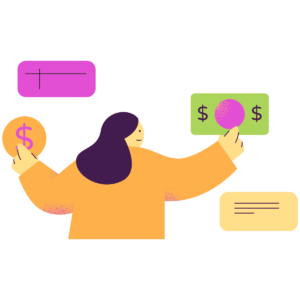 Campaign success hinges on effective budget allocation and bidding strategies. AI can analyze historical data and predict future performance, aiding in setting optimal campaign budgets and bidding strategies. Consider using AI-powered bidding tools to automatically adjust bids based on real-time factors like audience demographics and device usage. However, human oversight is still crucial in defining campaign goals and setting constraints.
Campaign success hinges on effective budget allocation and bidding strategies. AI can analyze historical data and predict future performance, aiding in setting optimal campaign budgets and bidding strategies. Consider using AI-powered bidding tools to automatically adjust bids based on real-time factors like audience demographics and device usage. However, human oversight is still crucial in defining campaign goals and setting constraints.
Beyond the Checklist: Continuous Campaign Optimization
Remember, Google Ads is a dynamic platform. What works today might not be optimal tomorrow. Regularly review your campaign performance metrics and adapt your strategies accordingly. Here are some additional points to consider for ongoing success:
- Extension Exploration: Google Ads offers a variety of extensions that can enhance your ads, such as sitelink extensions and call extensions. Take advantage of AI suggestions and consistently review new extension options that might benefit your campaign.
- Business Verification: Completing your business verification on Google Ads is crucial to ensure your ad’s legitimacy and potentially improve your ad rank.
- Campaign Learning Curve: New campaigns require time for Google Ads’ algorithms to learn and optimize. Be patient with the initial learning period before making drastic changes.

